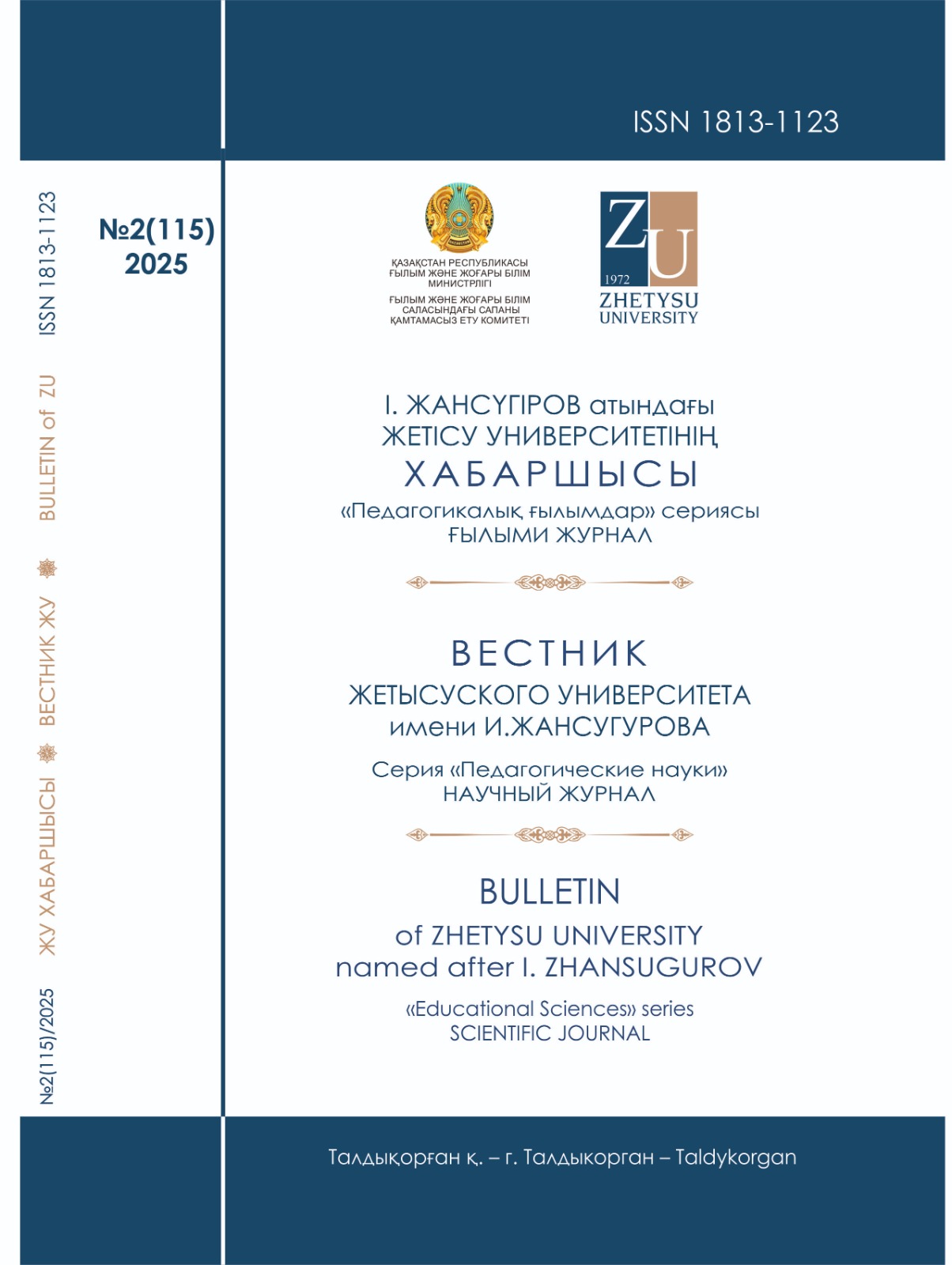FORMATION OF LEARNING MOTIVATION AND ANALYTICAL SKILLS OF STUDENTS BY MEANS OF INTERACTIVE LEARNING
DOI:
https://doi.org/10.53355/ZHU.2025.115.2.010Keywords:
interactive methods, transport infrastructure, economic geography, GIS technologies, project-based learning, educational motivation, experimental methodologyAbstract
The article considers the use of interactive teaching methods in studying transport infrastructure within the framework of the course of economic geography. The purpose of this study is to analyze the influence of interactive teaching methods on the level of learning motivation and students' performance. The work is aimed at identifying the influence of modern pedagogical approaches on the formation of cognitive activity, analytical skills and project competence of students. The relevance of the study is due to the need to modernize the educational process, taking into account digitalization, the introduction of geoinformation technologies and focus on practice-oriented learning. The scientific significance lies in substantiating the productivity of using case methods, GIS mapping, project activities and elements of field training in the training of students in geography. The practical significance is manifested in the development and testing of a pedagogical model that helps improve the learning outcomes and motivational sphere of students. The methodology is based on a quasi-research design with the division of the sample into control and experimental groups. During the experiment, interactive forms of work were introduced into the educational process of the experimental group, while the control group continued to study using the traditional methodology. The comparative analysis included input and final testing, expert assessment of project solutions and diagnostics of motivational attitudes. The results demonstrated a positive impact of interactive strategies on the quality of content acquisition, the level of creativity and argumentation of project proposals, as well as on the growth of students' learning motivation. The experimental group showed a statistically significant advantage in all the parameters studied. The value of the work carried out is determined by the fact that it offers a well-founded approach to improving pedagogical practices in the field of geographical education. The presented conclusions can be used in the development of innovative programs aimed at forming sustainable competencies in the context of modern educational challenges.

 ҚАЗ
ҚАЗ РУС
РУС ENG
ENG
